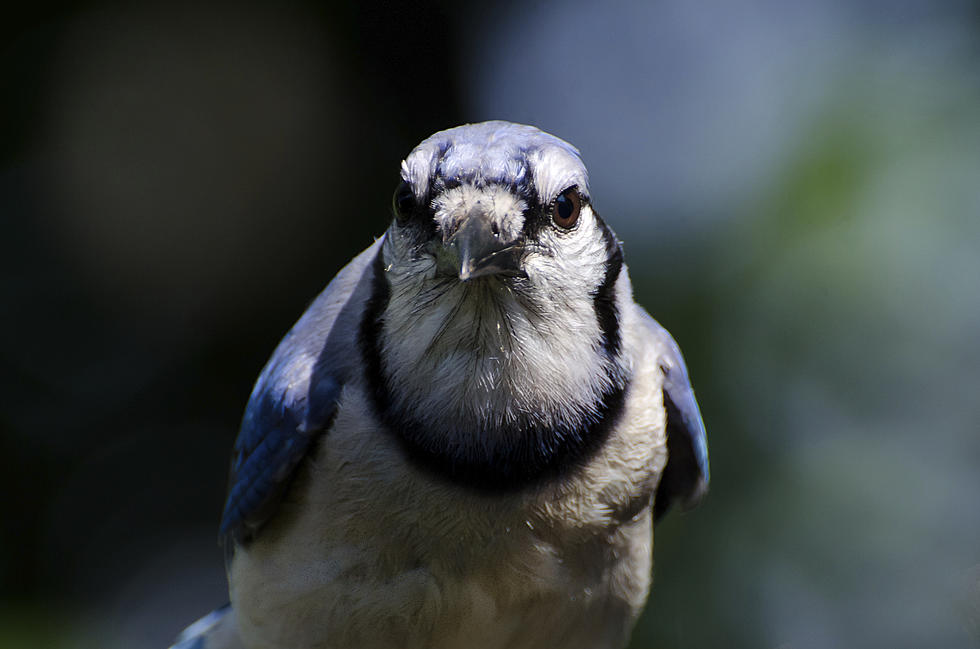
Mystery illness killing birds in NJ: Here’s what you should do
There's been a mysterious deadly disease occurring in nestling and fledgling songbirds since May. The New Jersey Division of Fish and Wildlife is urging residents to contact them if they observe birds with any eye and/or neurological symptoms.
Where is this happening?
Dr. Nicole Lewis, the Division of Fish and Wildlife's veterinarian, said this morbidity and mortality event began in Washington, D.C., the disease's apparent epicenter, in mid-May with more than 100 cases reported.
Since then, cases have been reported in Tennessee, Kentucky, Virginia, West Virginia, Maryland, Delaware, Indiana, Ohio, Florida, Pennsylvania and New Jersey.
About 20 cases have been reported in the Garden State in the past couple of weeks, she said. But she is expecting these numbers to increase.
What are the symptoms?
"They are sick and dying. We're seeing a lot of eye swelling with crusty discharge and some neurological signs. Some have both, some have one or the other and these birds are usually succumbing to the disease," Lewis said.
With the crusty eyes, she said it's almost as if they can't see. They appear blind. As far as neurological signs, be on the lookout for birds that are staggering, falling over, inability to stand at all, excessive vocalizations, head tremors or leg paresis (partial paralysis or weakness).
Which bird species are affected?
The disease seems to be affecting young birds in large numbers, mainly blue jays, starlings, grackles, robins and cardinals.
Lewis said so far no other animals or humans are affected by this mystery disease. It doesn't mean that it's not possible because nobody knows the cause so it's important to take precautions.
What is causing these deaths in large numbers?
So far nobody knows the cause of this mystery disease and why the birds are dying in large numbers. Testing is still being done as a multi-state effort. But Lewis said they have managed to rule out West Nile Virus, salmonella and avian influenza (bird flu).
What to do if a sick bird is found alive or dead?
Lewis said residents should reach out to their local animal control or go on the NJ Division of Fish and Wildlife website to find a local rehabilitation facility in each county.
If the bird is dead, email Lewis at Nicole.lewis@dep.nj.gov. She will help determine if the bird needs to be picked up or if the death is due to other causes.
She said dead birds should be handled with gloves, double-bagged and kept cool until picked up. Also, any bird baths or feeders should be cleaned and removed if sick and/or dead birds are found on a resident's property.
Olympic athletes from NJ competing in Tokyo 2021
Cape May, NJ: 15 wonderful places to visit
More From New Jersey 101.5 FM









